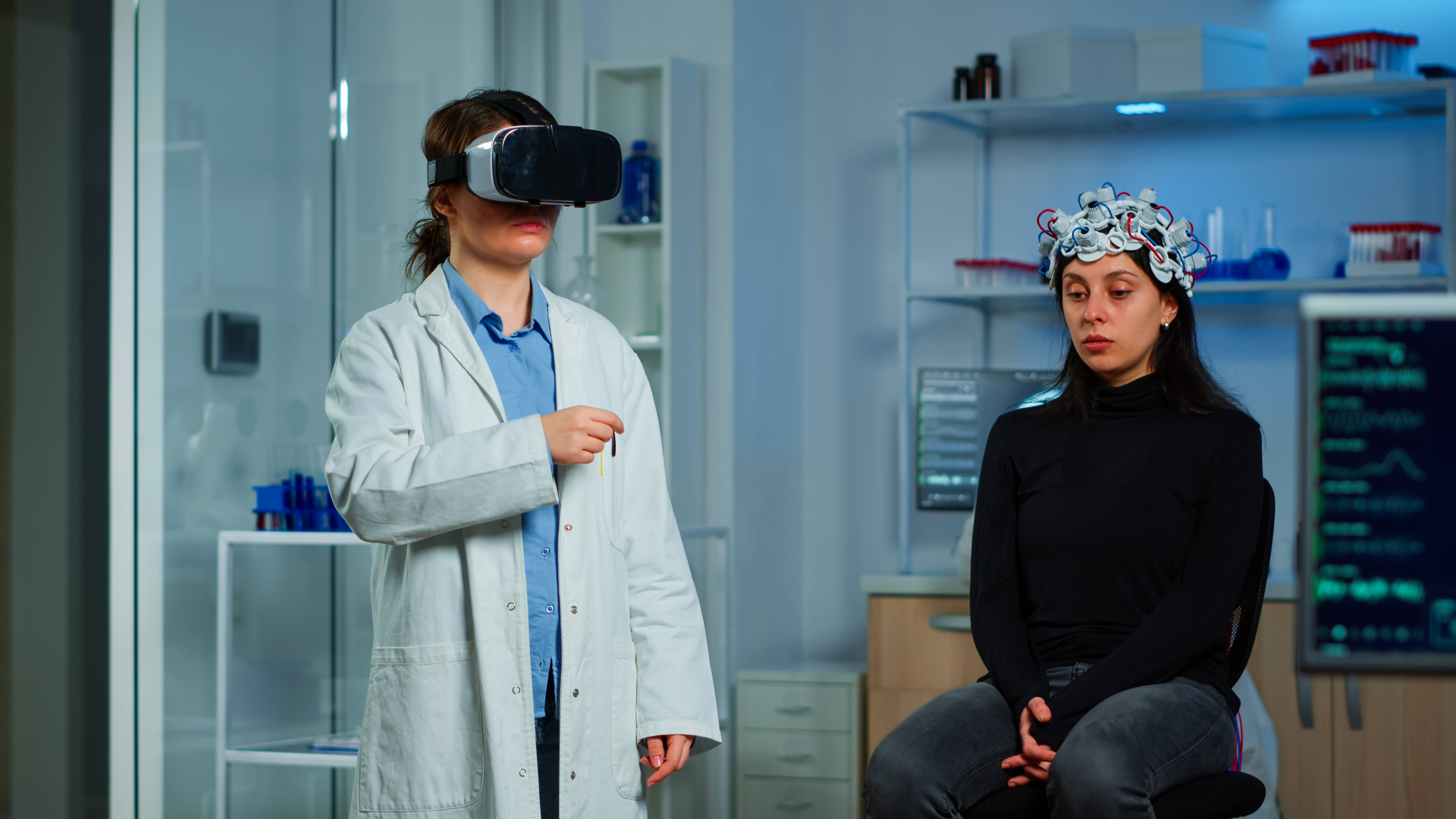How AI is Revolutionizing Healthcare: Insights from Global Trends

The healthcare sector is among the numerous sectors that have been revolutionized by AI systems. It is also clear that there are mega-trends across the world that impact how AI technology is integrated in a given sector regardless of its scale, and this usher new opportunities for providers and patients around the world. By looking more closely into the trends and developments how AI is reshaping healthcare, it is possible to get an insight of how the future of patient care will look like.
The complexity and inefficiencies of the health care system result in high costs of service delivery without necessarily achieving desirable patient outcomes. But Simultaneously, advances in AI technology are giving rise to new possibilities including improving outcomes, and building better diagnosis and treatment regimes for specific individuals. The potential for better patient care is what “futuristic” patient care revolves around.
In the field of predictive diagnosis, a tremendous transformation can be noticed, and this transition is driven by artificial intelligence. Algorithms trained by AI can process information on lower patient records, mobile devices, and social networks, and may find some connections that humans would even miss. This potential will allow medical professionals to forecast epidemics, calculate risks, and recommend individual prophylactic measures. AI systems, for example, are capable of sorting through data to find individuals who are prone to developing diabetes or heart disease. In short, predictive diagnosis can go a long way in early diagnosis, which may prove to be lifesaving.
Also, AI is improving the accuracy of diagnosis. The traditional approaches to diagnosis can sometimes take time and be susceptible to human mistakes. On the contrary, AI algorithms are able to interpret medical images and data remarkably well. For instance, Ai helps doctors notice heart or tumor diseases in X-ray and MRIs better than a radiologist would observe them. It both quickens the process of diagnosis and enables the commencement of treatment at an earlier stage which increases the effectiveness of patient care.
AI is developing in the direction of personalized medicine, so predicting therapeutic effects for a person is becoming easier. AI can also assist healthcare specialists in developing individualized treatment strategies by utilizing genetic data and other info about the patient. This method is in direct contrast to the universal approach to therapy, which fails to recognize that each person is unique and reacts differently to a particular chemicals. AI platforms consider genetics information and clinical history to the particular patient and tries to find the least annoying and most working drugs avoiding long and costly experiments.
In addition, AI is making it possible to carry out administrative work which allows health care workers to spend more time taking care of patients. Processes such as making an appointment, billing patients and maintaining patient records are slowly being done by AI systems. This not only eases the administrative load of medical personnel but also reduces the possibility of mistakes being committed as enhancing the level of efficiency of delivering health care services.
The sector of telemedicine has seen strong growth especially after the outbreak of the COVID 19 pandemic and at the center of it all is AI. Now, AI chatbot systems and virtual assistants are already being used to triage the patients, dispense medical advice and do first assessments of the patients. This type of technology enables patients to receive treatment when they need it without travelling to a doctor, which helps patients who live in underserved communities or can’t leave their homes. At this point of telemedicine evolution, the potential of AI in providing these services will greatly increase without a doubt.
AI is proving helpful in tackling the global inequalities in healthcare. Limited access to healthcare professionals is one of the challenges faced by people living in some regions of the world, especially in developing nations. AI technologies can help by providing remote diagnosis and treatment recommendations, enabling local practitioners to use enhanced technologies. This improves the healthcare disparity as these AI technologies allow underserved populations to access better quality healthcare services.
On the contrary, AI adoption into healthcare systems has some barriers too. Threats of losing jobs in some specific roles, data privacy concerns and ethical use of AI are prevalent issues which will need to be managed. With great power of AI at our disposal, we have to have the right guidelines in place that protect sensitive information while using AI responsibly. All of these are going to be challenging but the collaboration between technologists, healthcare providers and policy makes will make it a lot easier.
AI has seemingly boundless untapped potential in the Healthcare sector, owing to the innovations that are taking the world by machine learning, natural language processing, and predictive analytics. Just think of a day wherein artificial intelligence will diagnose you and also make predictions about your health based on various lifestyle choices, surrounding influences, and even thing like family genetics. The fulcrum and the associated implications of that are quite staggering as it emboldens patients and provides avenues that are just scratching the surface.
At present AI is aiding and in certain aspects, revolutionizing the healthcare sector, be it timely and more accurate diagnosis, targeted treatments, decreasing the administrative burden, and improving the health care system holistically. In that regard, the future of this technology looks bright as it will only further transform how health care is provided, all the while making sure that the quality of services is to that of a high standard. That said in order to harness the full capability of AI, it is important for organizations to embrace the challenges associated with the technology while anchored in a collaborative work culture, where ethical standards are emphasized. The future for patients, providers, and the international global community seems to be very positive all thanks to the advances in artificial intelligence.



